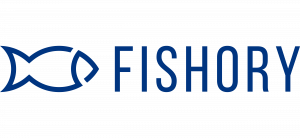Throughout the southeastern United States lionfish are an invasive species. These fish compete in terms of food and habitat with other native fish populations. There is concern that these fish will decimate algae-eating and small fish populations beneficial to overall coral reef health. The decline in reef health increases the risk of infection and disease among a variety of sport fish that depend on a healthy reef ecosystem. Unfortunately in U.S. coastal waters, they have no known predators and females can release roughly two million eggs a year. These fish are voracious eaters who actively hunt ambushing their prey using their outstretched pectoral fins.
Though it is a mystery as to how they have invaded our waters, it is no mystery that they are a serious problem that must be addressed. The Florida Fish and Wildlife Conservation Commission (FWC) encourages divers and anglers to remove lionfish in Florida waters to limit negative impacts to native marine life and ecosystems. A recreational fishing license is not required for those targeting lionfish while using a pole spear, a Hawaiian Sling, a handheld net or any spearing device that is specifically designed and marketed exclusively for lionfish. A recreational fishing license is required for all other methods of harvesting lionfish including hook and line.
Lionfish Challenge 2018
The FWC puts on an event running from May 19th to September 3rd statewide to bring about awareness and help to remove some of these fish. Cash and a number of other prizes are up for grabs to participants competing in the challenge. To learn more visit the Lionfish Challenge page on the FWC site at: http://myfwc.com/fishing/saltwater/recreational/lionfish/challenge
